The Afghan Taliban, in a high-level leadership meeting held in Kandahar, has vowed to “fully prepare for war” if the United States attempts to retake the Bagram Air Base.
Quoting intelligence sources, News18 reported that Taliban supreme leader Hibatullah Akhundzada chaired the meeting that was attended by top Cabinet officials, intelligence chiefs, military commanders and the Council of Ulema.
The discussions were triggered by recent remarks from US President Donald Trump, who threatened to reestablish American control over Bagram. Taliban leaders in Kandahar unanimously rejected any possibility of conceding the strategic base, with Foreign Minister Amir Khan Muttaqi stressing: “Not even a metre of Afghanistan’s land will be given to the Americans.”
Warning to Pakistan: ‘Enemy state’ if it cooperates
One of the most striking outcomes of the Kandahar deliberations was a direct warning to Pakistan. Taliban insiders told News18 that the leadership declared any logistical, military or diplomatic support from Islamabad to a US operation would place Pakistan in the category of an “enemy state.”
The statement marks a rare and sharp rebuke of Pakistan, a country long accused of sheltering or influencing Taliban leadership. With Islamabad preparing for a high-level engagement with the Trump administration in the coming days, the warning significantly raises the stakes for Pakistan’s foreign policy choices.
Trump’s Bagram threat
Trump’s repeated comments on Bagram have reignited the issue. On September 21, Trump told reporters that the United States wanted the base “back right away” and warned that “bad things” would happen if the Taliban refused. He later posted on Truth Social: “If Afghanistan doesn’t give Bagram Airbase back to those that built it, the United States of America, BAD THINGS ARE GOING TO HAPPEN!!!”
The US president did not detail whether military action was on the table but kept the possibility open. This ambiguity has fuelled speculation in Kabul and beyond about Washington’s next moves.
Kabul anchors position in Doha Agreement
In rejecting Trump’s demands, the Taliban have leaned heavily on the 2020 Doha Agreement, under which Washington pledged not to threaten Afghanistan’s territorial integrity or interfere in its internal affairs.
In a recent statement, the Taliban reminded the US of its commitments, noting: “It should be recalled that under the Doha Agreement, the United States pledged that it will not use or threaten force against the territorial integrity or political independence of Afghanistan, nor interfere in its internal affairs.”
Chief spokesman Zabihullah Mujahid reinforced this position, urging the US to adopt a policy of “realism and rationality,” and reiterating that Afghanistan’s independence was non-negotiable.
Diplomatic push: Outreach to regional powers
To counter what it perceives as a looming escalation, the Taliban leadership has tasked Prime Minister Mullah Mohammad Hassan Akhund and Foreign Minister Muttaqi with urgent diplomatic outreach.
News18 reported that Russia, China, Iran, Pakistan, Qatar, the UAE, Saudi Arabia and India could be contacted to communicate Kabul’s stance and deter any regional support for US action.
Impact Shorts
More ShortsThis strategy shows the Taliban’s recognition that they cannot afford international isolation if the standoff intensifies. By mobilising regional players, the group hopes to build a political buffer against Washington’s pressure.
Pakistan warned?
The Taliban’s ultimatum to Pakistan adds new complexity to an already delicate situation. Pakistan has long been accused of playing both sides—maintaining ties with Washington while cultivating influence over the Taliban. Now, with Trump pressing Islamabad for cooperation and Kabul threatening retaliation, Pakistan faces a stark choice.
Any visible alignment with the US risks drawing Taliban hostility, including potential cross-border tensions and refugee crises. Yet, economic vulnerabilities mean Islamabad cannot afford to alienate Washington either. The Taliban’s “enemy state” warning exposes the deep fault lines in Pakistan’s regional balancing act.
Escalation looms
The unfolding standoff over Bagram represents more than a dispute about a military base. For the Taliban, holding Bagram is a test of sovereignty after decades of foreign occupation. For Trump, retaking it is both a strategic and symbolic mission—reversing what he portrays as the humiliation of the 2021 withdrawal.
The convergence of Trump’s threats, the Taliban’s resistance and Pakistan’s sly position creates a volatile mix. Unless defused through diplomacy, the issue risks dragging the AfPak region back into armed conflict. As the Taliban weigh their options, including a possible armed conflict, warn Pakistan and look to rally global powers, Afghanistan once again finds itself at the epicentre of a high-stakes geopolitical power game.


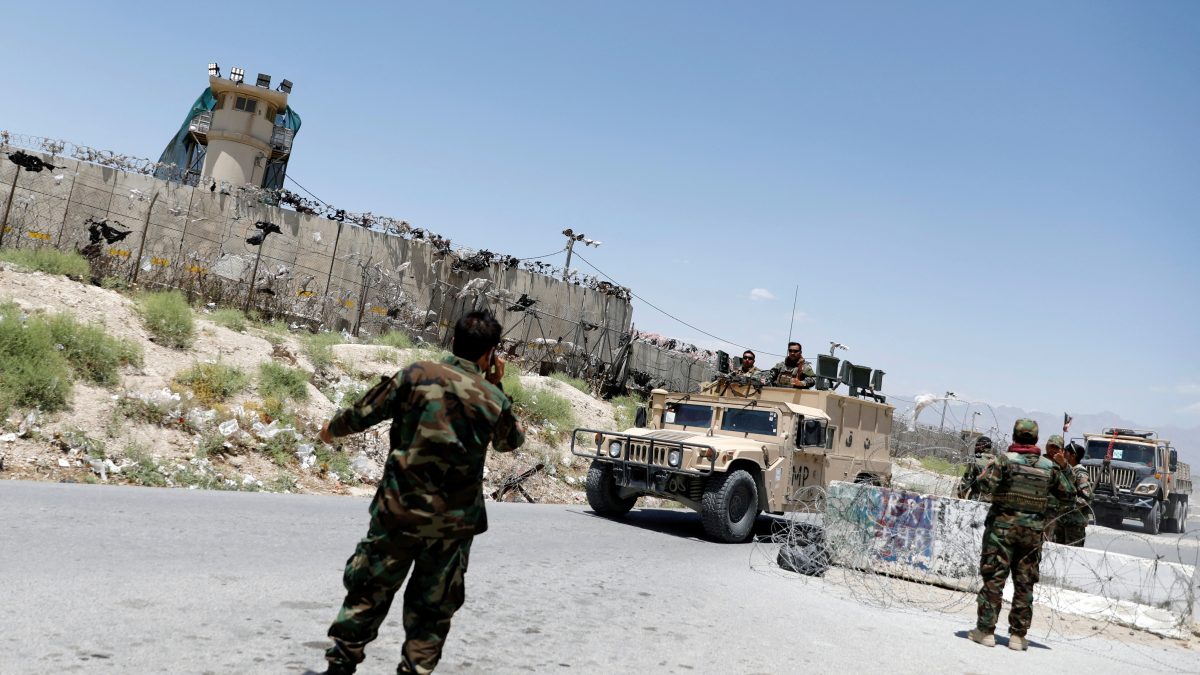)
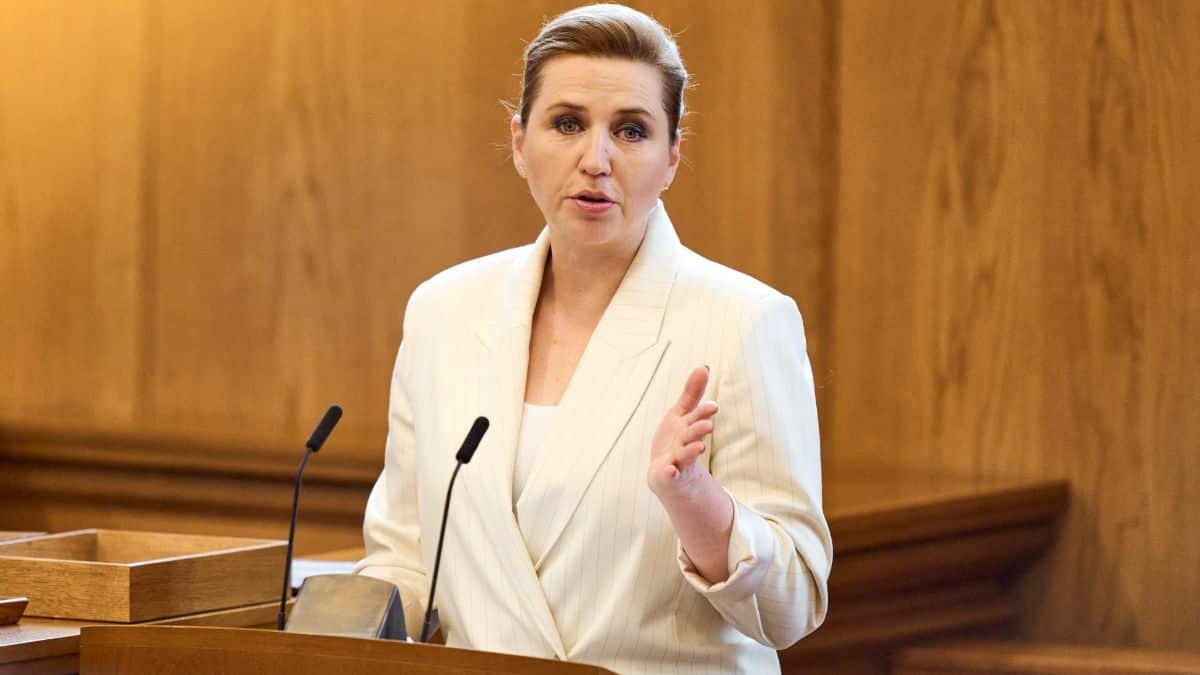
)
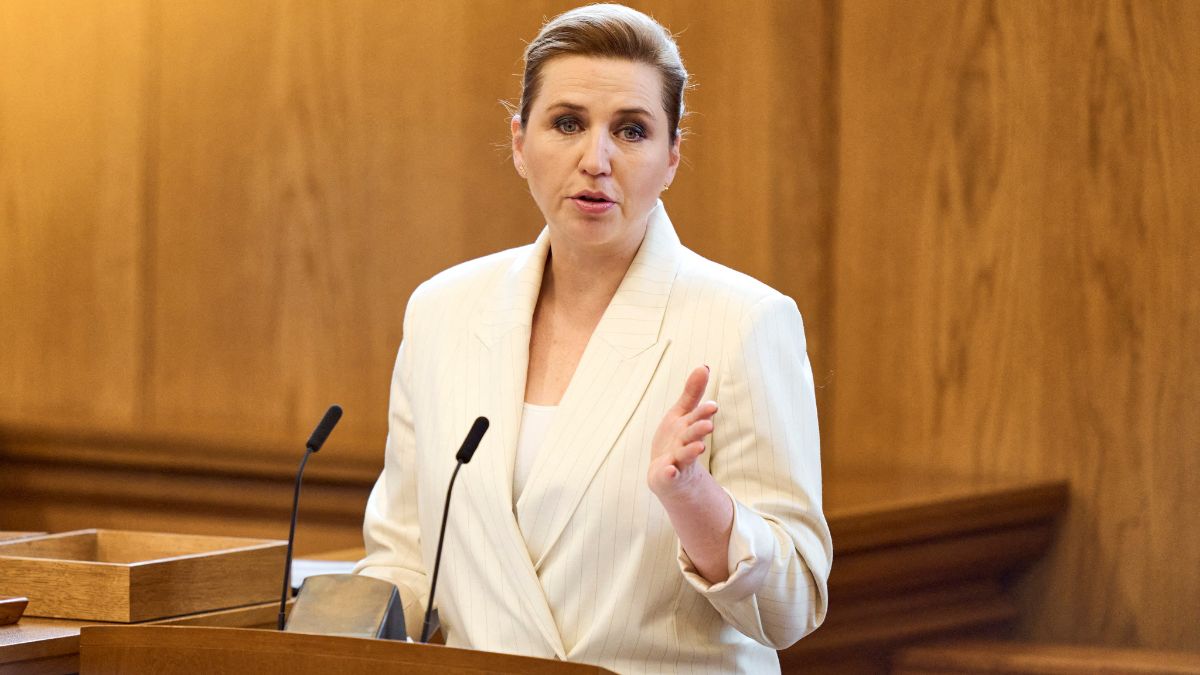)
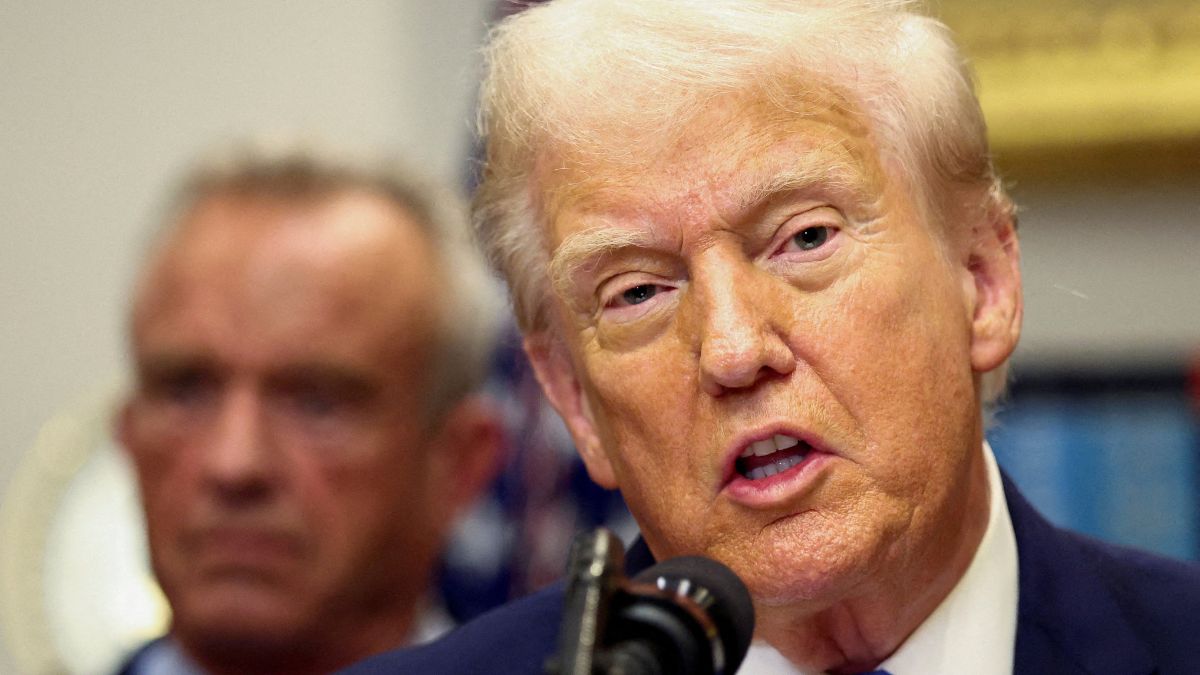)
)
)
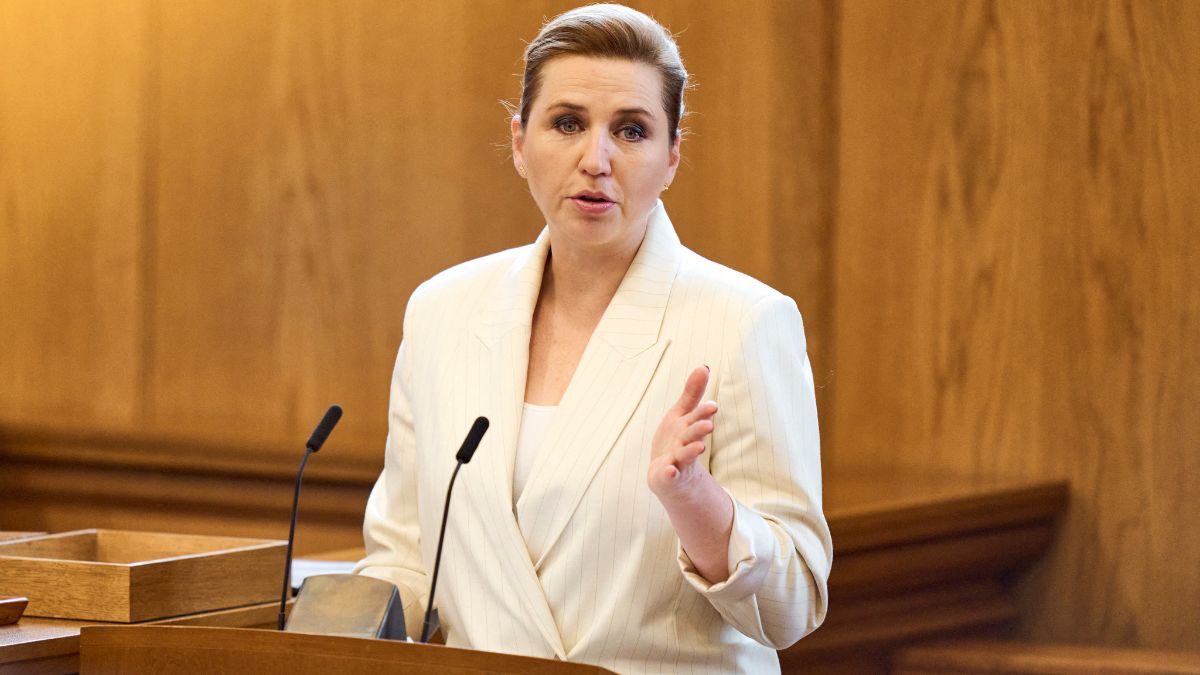)
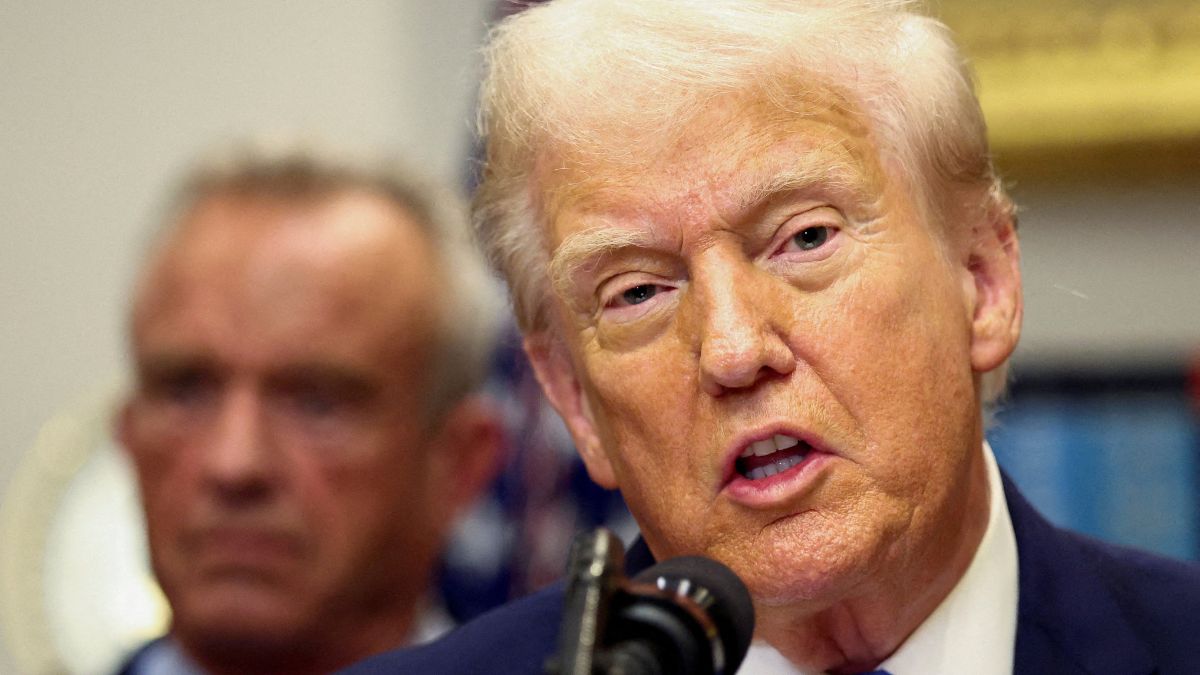)
)



